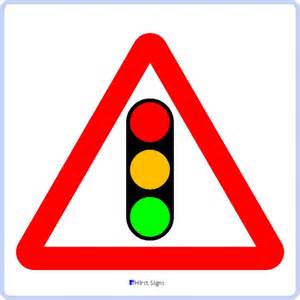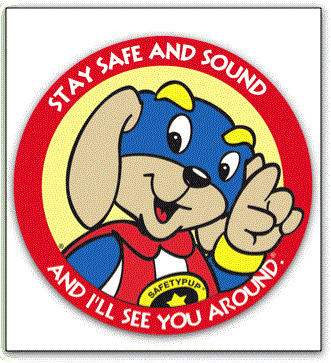- Ask your host parents where the insurance and registration documents are in the car. These documents should always be in any vehicle you are driving.
- Make sure you have a clear understanding of the car use rules with your host family, if not talk to them about it or call your counselor
- Make sure you know how everything in the car works! Ask questions, even if you have to ask twice, that’s okay!
- Find out about areas that may not be considered safe, especially in and around cities, ask your host family or me for guidance if you are not sure
- Be extra careful at night, park in well lit safe places, avoid empty looking car parks and indoor garages when you are alone
- Do not use your phone or any electronic devices while driving, pull over in a safe spot if you need to send a text or check your messages
- Let your host family and/or me know immediately if you get into an accident so we can help you
- Drinking and driving is extremely dangerous. It puts lives at risk. If you are arrested for drinking and driving there are very serious consequences. Be a good friend and don’t let your friends drink and drive. If you are caught drinking and driving you will go home
- Reminder! drinking under 21 years of age is illegal in the United States
- Always lock the car and the trunk when leaving the car unattended
- If there is public transportation available where you live, find out how to use it and give it a try!
- Download the apps for Uber or Lyft ~ both taxi services will pick you up and take you anywhere you need to go
Be safe and make smart decisions. We want you to have a wonderful and safe time in the United States. Call me if you have any questions.
Drive safe!


